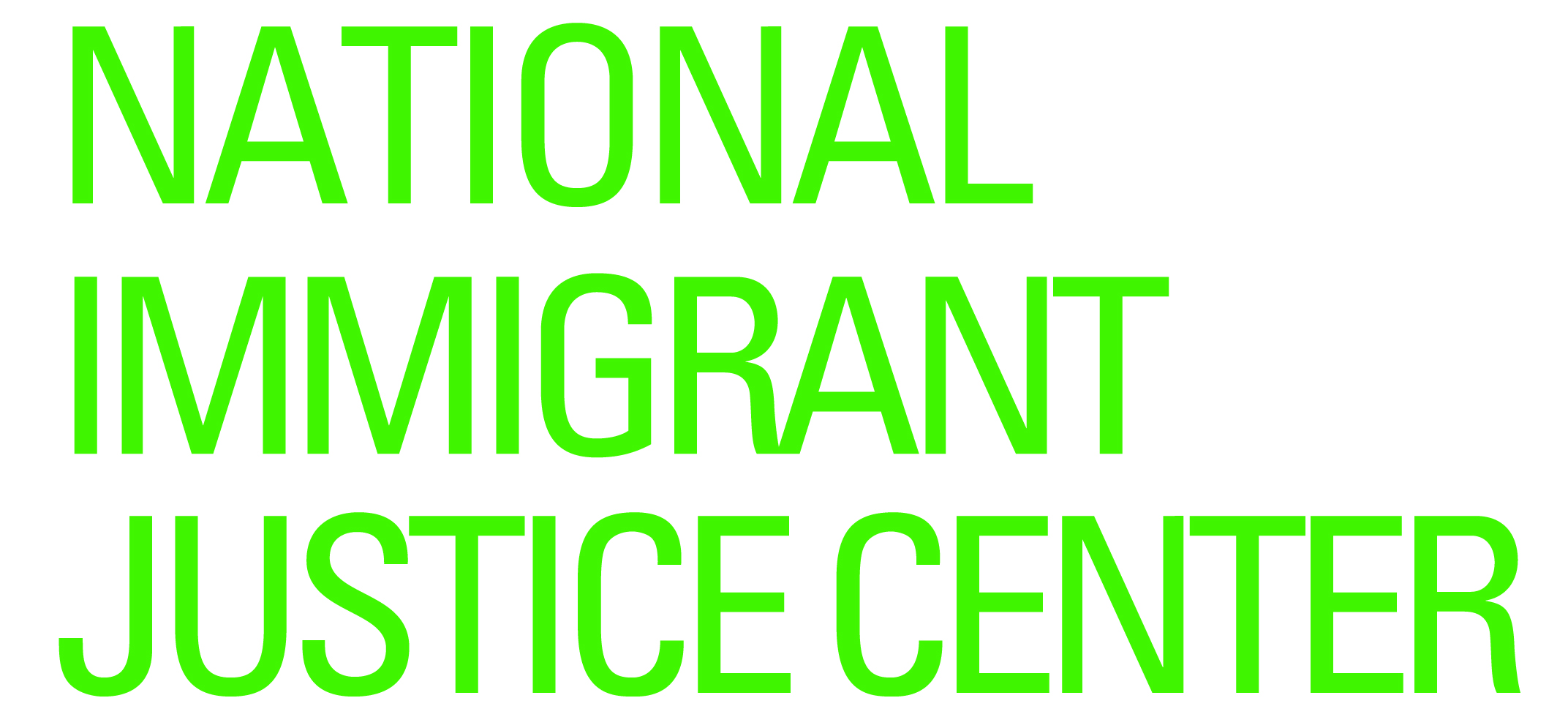Background on the DHS-HHS Information Sharing and Enforcement Practices:
What are DHS and HHS doing with respect to immigrant children?
Under a binding court settlement from the 1997 case Flores v. Reno, and subsequent federal legislation, the federal government is supposed to release children detained for immigration reasons as soon as practicable. In order to release the children, the government—specifically the Office of Refugee and Resettlement Services (ORR) within HHS—must identify a suitable sponsor, including conducting background checks on family members who come forward to sponsor children. Under an April 2018 agreement (which took effect in May) that formalized a practice begun in the summer of 2017, ORR started sharing the information it obtained from potential sponsors with Immigration and Customs Enforcement (ICE), which has used the information to arrest and deport potential sponsors who are alleged to be in the United States without proper documentation.
In addition, the government has begun collecting far more extensive information regarding potential sponsors than it was previously. DHS took over collecting fingerprints from HHS, and began collecting fingerprints of all adult household members of sponsors. DHS then issued a federal register notice explicitly allowing ICE to use this information for enforcement purposes.
What’s wrong with the new policy?
The Flores settlement and federal law obligate HHS to act in the best interests of the immigrant children in their care. The current practice flips this mandate on its head: because otherwise suitable sponsors are now targeted for arrest and deportation, children remain in detention for longer rather than being placed with family members. In addition, some children are traumatized by knowing that their desire to find a home has led to a family member’s detention – or, conversely, children may refuse to cooperate at all with authorities, leading to a longer stay in subpar detention facilities as well.
What should be done?
Congress should conduct oversight hearings, press DHS and HHS to end these practices, and pass legislation prohibiting these practices. Two bills have already been introduced that would substantially limit or end these practices: the Prevent CHILD Harm Act of 2018, introduced by Rep. Debbie Wasserman-Schultz, and the Families, not Facilities Act of 2018, introduced by Sens. Wyden and Harris.
Resources:
DHS-HHS Documents:
- Memorandum of Agreement between ORR, ICE, and CBP (April 13, 2018)
- Sponsorship Review Procedures for Approval for Unaccompanied Alien Children (HHS/ORR/ACF updated submission to OMB for Comment, August 24, 2018)
- Sponsorship Review Procedures for Approval for Unaccompanied Alien Children (HHS/ORR/ACF updated submission to OMB for Comment, May 15, 2018)
- DHS Notice of Modified System of Records (May 8, 2018)
Coalition Letter Opposing DHS-HHS Information Sharing and Enforcement Practices:
- Letter from 112 civil society organizations (November 28, 2018)
- Joint Press Release on Letter (November 28, 2018)
Related Opposition Letters and Statements:
- Comments from 13 civil rights, civil liberties, privacy, and transparency organizations opposing proposed DHS rules (November 7, 2018)
- Congressional Hispanic Caucus Demands Answers from Trump Administration on Separated Families (October 1, 2018)
- American Bar Association Statement Opposing Child Separation (May 30, 2018)
- American Psychiatric Association Statement Opposing Child Separation (May 30, 2018)
- American Academy of Pediatrics Statement Opposing Child Separation (May 8, 2018)
Related lawsuits:
- Duchitanga v. Lloyd (New York, November 6, 2018)
- Minor v. Lloyd (Virginia, July 20, 2018)
Proposed Legislation:
Press and Commentary:
- ICE Arrested 170 Potential Sponsors of Unaccompanied Migrant Children (Geneva Sands, CNN, December 10, 2018)
- Groups demand end to info-sharing on asylum-seeking children (Frank Bajak, Associated Press, November 28, 2018)
- US waived FBI checks on staff at growing teen migrant camp (Garance Burke & Martha Mendoza, Associated Press, November 28, 2018)
- The Government is Using Information from Children to Deport Their Families (Tim Lau, Brennan Center for Justice, November 28, 2018)
- How Trump Weaponized the Government’s Refugee Resettlement Agency (Madhuri Grewal, ACLU, November 28, 2018)
- The Price Tag of Migrant Family Separation: $80 Million and Rising (Caitlin Dickerson, The New York Times, November 20, 2018)
- To Free Detained Children, Immigrant Families are Forced to Risk Everything (Jonathan Blitzer, The New Yorker, October 16, 2018)
- Inside the Vast Tent City Housing Migrant Children in a Texas Desert (Manny Fernandez and Caitlin Dickerson, The New York Times, October 12, 2018)
- Op-Ed: Sponsors of immigrant children are getting arrested ― we must protect them (Sara Ramey, The Hill, October 9, 2018)
- Migrant Children Moved Under Cover of Darkness to a Texas Tent City (Caitlin Dickerson, The New York Times, September 30, 2018)
- ICE arrested undocumented immigrants who came forward to take in undocumented children (Tal Kopan, CNN, September 20, 2018)
- Detention of Migrant Children has Skyrocketed to Highest Levels Ever (Caitlin Dickerson, The New York Times, September 12, 2018)
- Trump Administration Moves to Sidestep Restrictions on Detaining Migrant Children (Caitlin Dickerson, The New York Times, September 6, 2018)
- Trump’s Quiet War on Migrant Kids (Eli Hager, The Marshall Project, May 1, 2018)
Additional Resources on Child Detention and Immigration Enforcement Against Sponsors:
- Press Release regarding Legal Aid Justice Center (LAJC) lawsuit challenging ORR child detention policy (LAJC, November 16, 2018)
- IACHR Grants Precautionary Measures to Protect Separated Migrant Children in the United States (Organization of American States, August 20, 2018)
- Backgrounder: Memorandum of Agreement Between DHS and HHS Emphasizes Immigration Enforcement Over Child Safety (Women’s Refugee Commission, July 25, 2018)
- Targeting Families: How ICE Enforcement Against Parents and Family Members Endangers Children (Kids in Need of Defense (KIND), December 2017)
- ICE and CBP Coercive Enforcement Actions against Sponsors of Unaccompanied Children Conducted in Violation of Family Unity, Protection, and Due Process Rights (Complaint filed with DHS Civil Rights & Civil Liberties Office by immigrant rights organizations, December 6, 2017)
- Backgrounder on the Flores Settlement (Human Rights First, February 19, 2016)
- William Wilberforce Trafficking Victims Protection Reauthorization Act of 2008 (December 23, 2008)





